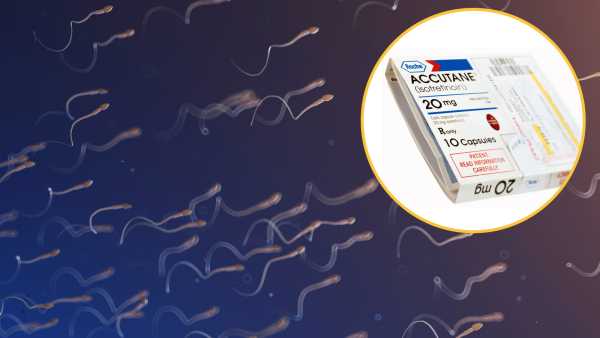
Isotretinoin, or Accutane, is an acne drug that may help stimulate sperm production in some men with infertility. (Image credit: SEBASTIAN KAULITZKI/SCIENCE PHOTO LIBRARY via Getty Images (background); evemilla via Getty Images (overlay))
A small study has found that the widely used acne drug Accutane may be used to treat male infertility.
For men with infertility due to very low or no sperm count, the only treatment option is surgery to remove sperm directly from the testicles for use in in vitro fertilization (IVF). However, this is a major operation that comes with discomfort, potential risks such as infection, and a long recovery period. What’s more, sperm is only recovered after the surgery in about half of cases.
Now researchers are exploring an alternative: isotretinoin, better known as Accutane, a drug that has been used for decades to treat severe acne. In a small study published in July in the Journal of Assisted Reproduction and Genetics, the drug boosted sperm production in some men who initially ejaculated with little or no sperm.
You may like
-
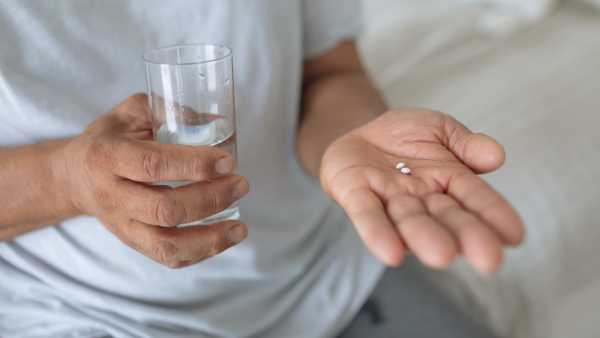
Male birth control pill passes preliminary safety tests, further trials underway
-
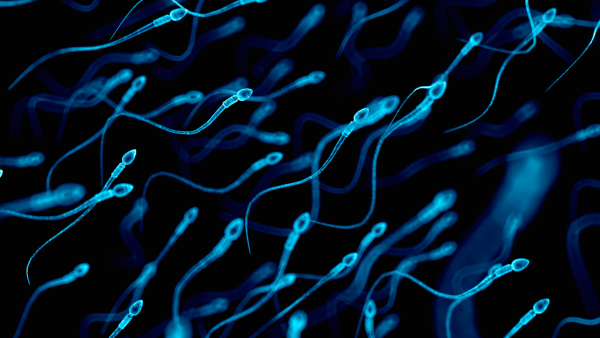
Rare sperm allergy may have caused woman's infertility
-
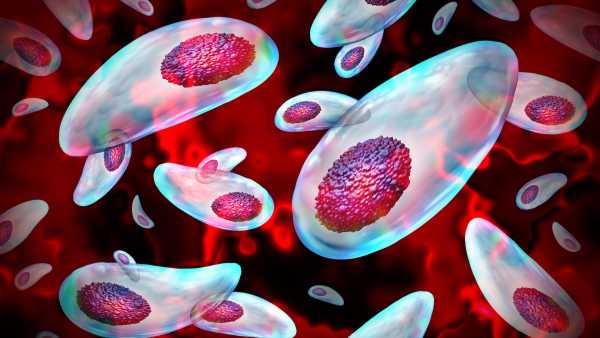
Common Parasite Decapitates Human Sperm
“The idea that a well-studied drug can stimulate spermatogenesis [sperm production] in men with severe spermatogenesis disorders is exciting because it opens up the possibility of a non-surgical treatment for men who would otherwise require invasive sperm retrieval from their testicles,” Dr. Justin Howman, an assistant professor of urology at Cedars-Sinai Medical Center who was not involved in the study, told Live Science in an email.
“However, the study is small, preliminary, and needs to be replicated in larger randomized trials before we can consider it a real breakthrough,” he cautioned.
Dr. Brian Levine, founder and practice director of CCRM Fertility of New York, who was not involved in the study, also expressed cautious optimism about the results.
“The prospect of helping a patient avoid the pain, recovery time, and emotional stress associated with surgery is truly exciting to me and my colleagues,” he wrote in an email to Live Science. However, “this is not a panacea, and much more research remains to be done,” he added.
So how can a skin drug help men produce sperm?
Previous research has shown that infertile men often have low levels of retinoic acid in their testicles. This molecule, a derivative of vitamin A, is essential for normal sperm development. It controls the development of immature germ cells into mature sperm and promotes the release of mature sperm into the seminiferous tubules of the testicles. This connection led scientists to investigate isotretinoin, a compound that mimics natural retinoic acid, as a potential way to stimulate sperm production.
You may like
-
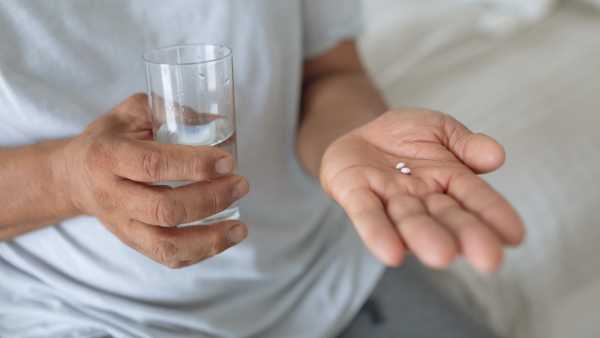
Male birth control pill passes preliminary safety tests, further trials underway
-
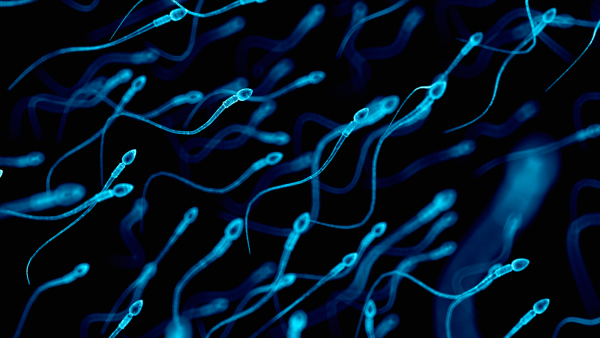
Rare sperm allergy may have caused woman's infertility
-
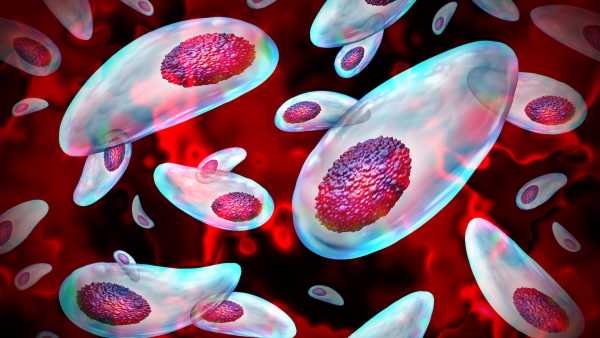
Common Parasite Decapitates Human Sperm
For the study, the researchers enrolled 26 men with non-obstructive azoospermia, a condition in which there are no sperm in the ejaculate due to problems with sperm production, and four men with cryptozoospermia, in which there are extremely low sperm counts in the ejaculate.
All participants took 20 mg of isotretinoin twice daily for at least six months. Their blood, hormone and sperm counts were closely monitored at several points during the study.
Of the 30 men in the study, 11 began producing motile sperm (sperm that can swim effectively) in their ejaculate. This allowed these men and their partners to begin IVF without the need for surgical sperm collection. This treatable group included all four men with cryptozoospermia and seven men who had previously produced no sperm at all.
For the remaining men who still had no sperm in their ejaculate after treatment, doctors had to resort to surgery to collect sperm for IVF. However, after taking isotretinoin, the procedure took much less time — an average of 63 minutes, compared with 105 minutes before treatment. (The report does not say why surgery was more effective after Accutane.)
The researchers reported that at the time of publication of the study, nine IVF cycles had been performed with sperm collected after isotretinoin treatment, resulting in multiple healthy embryos, several ongoing pregnancies and one live birth.
The treatment wasn’t without side effects, however. All 30 men developed dry skin and chapped lips, and about half reported irritability after treatment. Some also experienced rashes and increased cholesterol and triglyceride levels. Because isotretinoin can affect these levels and liver function, patients need to have their blood tested regularly during treatment, Howman said. Doctors recommend that patients taking Accutane for acne have periodic blood tests, although they disagree on how often they should be done.
“It’s important to note that we don’t yet know the optimal dose, duration, or long-term safety of isotretinoin for men seeking fertility,” he said. “Another limitation is that response rates are unknown, and many men may not benefit at all.”
Howman cautioned that until larger study data becomes available, isotretinoin should not be used to treat male infertility outside of clinical trials.
Isotretinoin is safe for women to take outside of pregnancy, but it is considered extremely dangerous during pregnancy because it can cause serious birth defects. The risk is so great that the drug comes with a black-box warning and strict contraception requirements while taking it.
RELATED STORIES
— Scientists have invented “spermbots” that they pilot through an artificial cervix and uterus.
—Acne vaccine: An experimental vaccine for a common skin condition is undergoing clinical trials. Here's what you need to know.
— Sperm selection is “entirely dependent on the egg” — so why does the “sperm race” myth persist?
“The situation is different in men,” Howman said. The drug does not appear to damage sperm DNA and poses no risk to reproductive partners or future children. “In fact, this new study suggests that it may have a paradoxical beneficial effect by enhancing sperm production in some men.” That highlights the “significantly different biological context” of the male and female reproductive systems, he added.
Looking to the future, the researchers hope to learn which male infertility patients are most likely to benefit from isotretinoin; how to precisely time and dose treatment; and whether the drug can improve sperm quality and fertility outcomes.
The possibility that a simple course of oral drugs could restore sperm production in some men “would be a huge shift in our approach to male infertility,” Levin says. “It offers a new level of hope — not just hope of finding sperm, but hope of restoring natural biological function.”
Disclaimer
This article is for informational purposes only and does not provide medical advice.

Clarissa Brincat, Live Science contributor
Clarissa Brincat is a freelance writer who specializes in health and medical research. After earning a master's degree in chemistry, she realized that she enjoyed writing about science more than doing it. She learned how to edit scientific articles as a chemistry editor, then moved on to a medical writing position at a healthcare company. Writing for doctors and experts is challenging, but Clarissa wanted to communicate with a wider audience, which naturally led her to freelance writing in the health and science space. Her work has also appeared in Medscape, HealthCentral, and Medical News Today.
You must verify your public display name before commenting.
Please log out and log back in. You will then be prompted to enter a display name.
Exit Read more
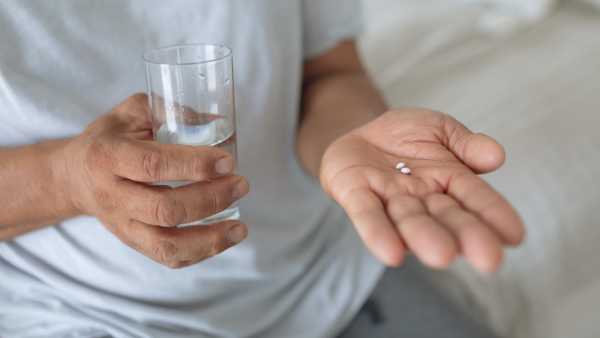
Male birth control pill passes preliminary safety tests, further trials underway
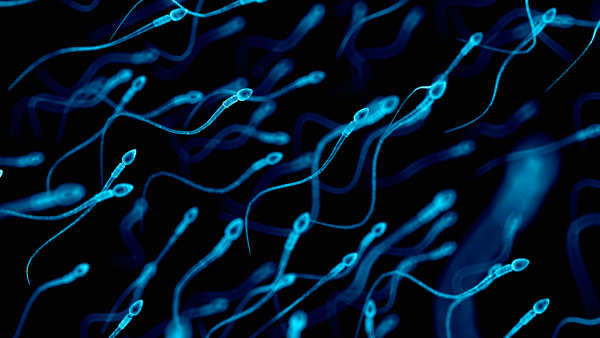
Rare sperm allergy may have caused woman's infertility
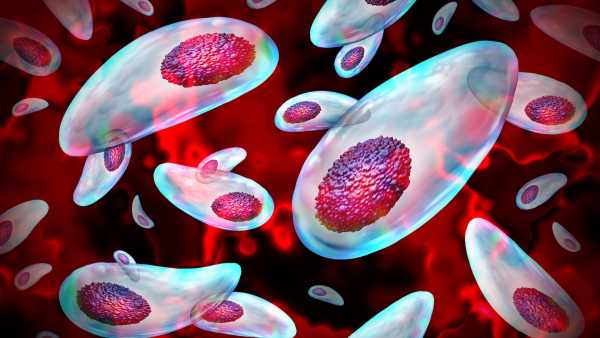
Common Parasite Decapitates Human Sperm
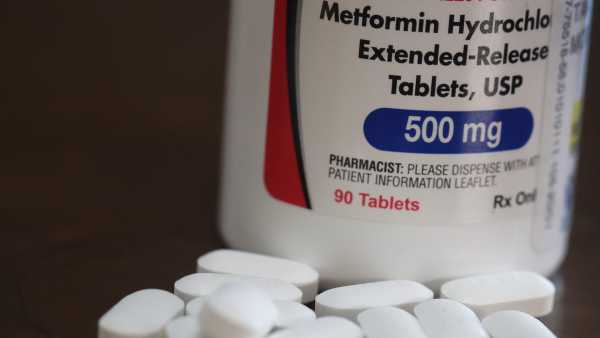
Metformin May Prevent Severe Morning Sickness
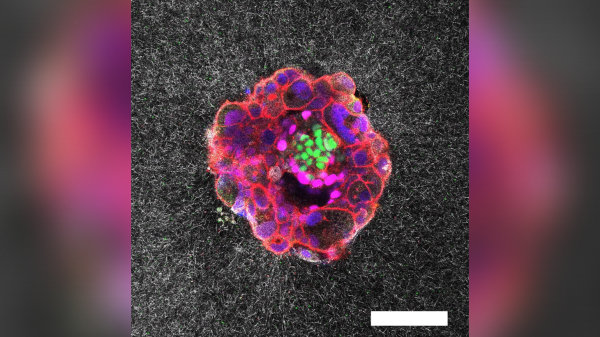
Incredible, first-of-its-kind video showing the implantation of a human embryo in real time.

An FDA panel has questioned the safety of antidepressants during pregnancy. Here's what the science really says.
Latest news on fertility, pregnancy and childbirth
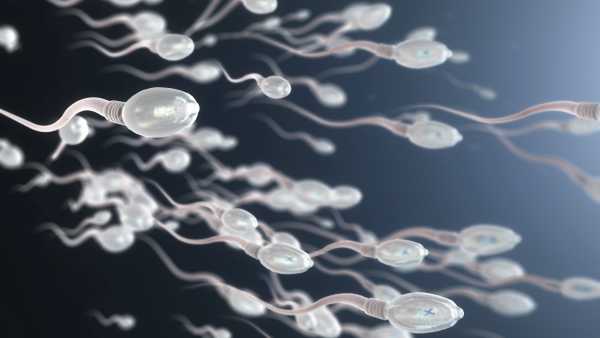
Scientists have invented “spermbots” that they pilot through an artificial cervix and uterus.

'I Would Never Let a Robot Carry My Baby': 'Pregnancy Robots' Poll Divides Live Science Readers
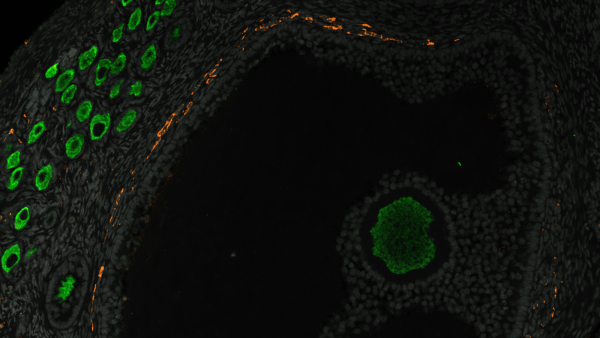
We finally have an understanding of how the egg supply is built up throughout life in primates.
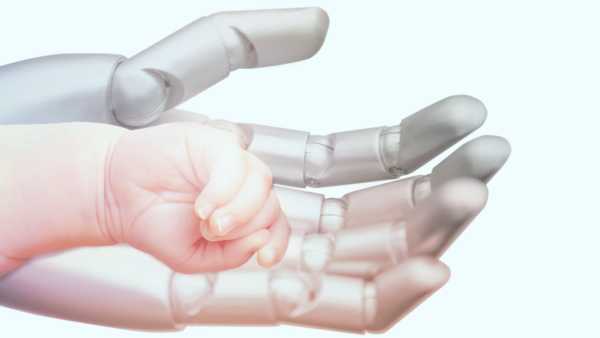
If 'pregnancy robots' were a reality, would you use them?

There's No $14,000 Pregnancy Robot From China. But Is Such Technology Possible?
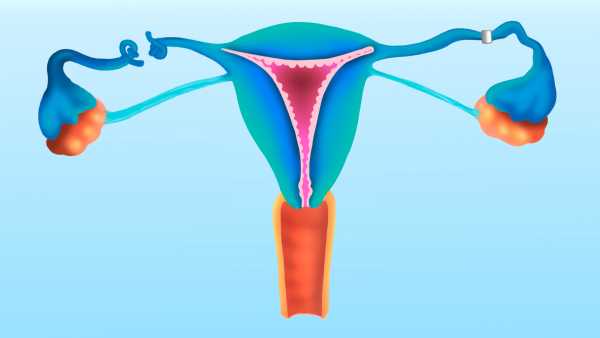
How does the tubal ligation procedure work?
Latest news
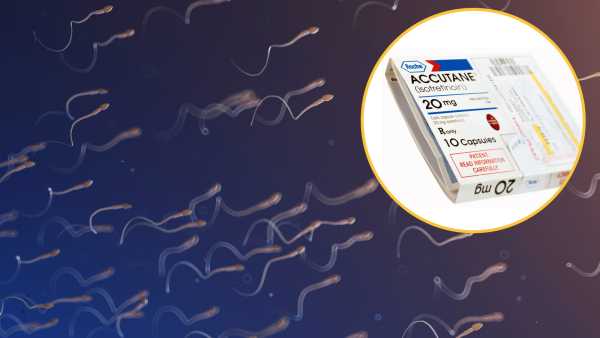
Acne drug Accutane may restore sperm production in infertile men, first study suggests

A 'new' island has emerged from melting ice in Alaska
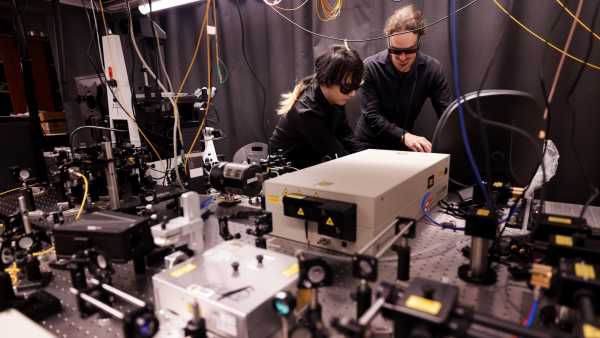
Breakthrough in electronics means our devices may one day stop generating heat, scientists say

'Incredibly exciting': NASA claims to have found 'clearest sign' of past life on Mars

Scientists have discovered that baby pterosaurs died during a powerful Jurassic storm 150 million years ago.

Tiny cryogenic device reduces quantum computer heat output by 10,000 times – could be launched in 2026
LATEST ARTICLES

1. A “new” island has emerged from melting ice in Alaska.
Live Science is part of Future US Inc., an international media group and leading digital publisher. Visit our corporate website.
- About Us
- Contact Future experts
- Terms and Conditions
- Privacy Policy
- Cookie Policy
- Accessibility Statement
- Advertise with us
- Web Notifications
- Career
- Editorial Standards
- How to present history to us
© Future US, Inc. Full 7th Floor, 130 West 42nd Street, New York, NY 10036.
var dfp_config = { “site_platform”: “vanilla”, “keywords”: “type-news-daily,serversidehawk,videoarticle,van-enable-adviser-
Sourse: www.livescience.com





